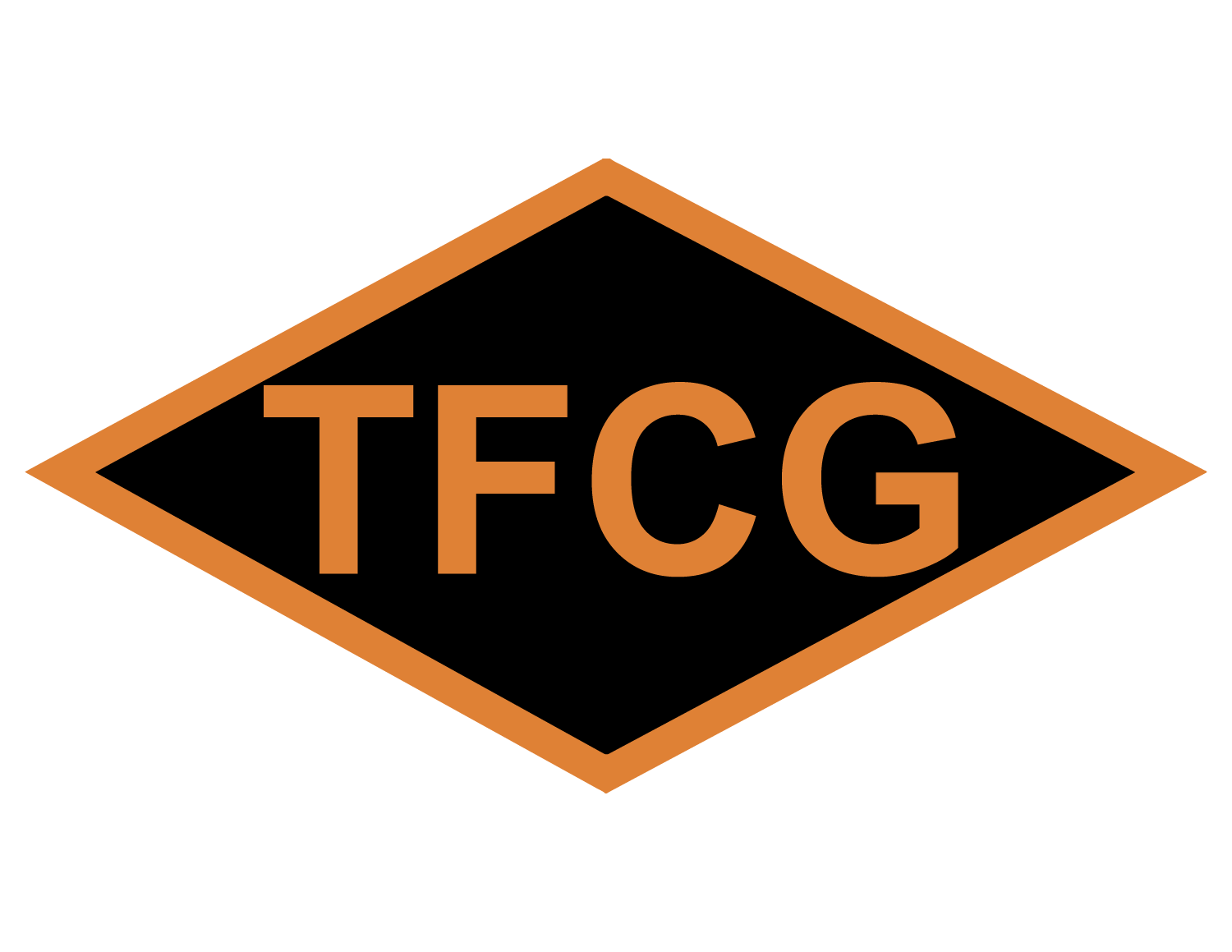The Nutcracker (#82)
My daughter has danced in the local Nutcracker ballet production for the past five years. This year, due to the coronavirus, rather than performing on-stage, the Columbus ballet had all the performers wear masks, filmed the production at locations around town, and broadcast it on a local television station and on Facebook. The show must go on, even during the pandemic.
Three weeks before filming, I was asked to step in and take on the role of Herr Stahlbaum, the father of Clara, the main character. If you aren’t familiar with the Nutcracker ballet, Herr Stahlbaum is only in the first scene. Being in a performance and being asked to dance were both way outside of my comfort zone. However, growth requires discomfort. Discomfort, or stress, puts new requirements on ourselves which stimulates growth. The comfort zone has been defined as “a space where our behaviors and activities fit a routine and pattern that minimizes our stress and perception of risk.” On the other hand, the discomfort zone can be thought of as that place that lies beyond the edge of your comfort, where stress and a perception of risk encourages growth. Growing yourself as a leader requires periods of discomfort and recovery.
For me, performing in the Nutcracker was deep into the discomfort zone. I had to learn five dances and perform throughout the first scene. If you’d like to watch the performance and see some amazing dancing, by everyone except Herr Stahlbaum, here is the link to the show. As you will see, the dancers did a phenomenal job persevering through the challenge of masks, different locations, and filming, rather than being on-stage.
The area where I grew the most in the Nutcracker was in my followership (more on followership is in Post #64 and Post #74.) Followership is defined as the ability to take direction well, be part of a team, deliver what is expected of you, and support the team or leader. As I discussed before, there are six qualities to a great follower — competence, work ethic, judgement, initiative, loyalty, and ego management.
I am used to being in a leadership role from my time in the Army, to my company, and even leading training events with clients. But in the new Nutcracker environment, I had to defer to the director and the other experienced dancers and concentrate on my followership. I focused on my work ethic and ego management to get through the two nights of filming. At one point in time, we had to redo a scene. I started to get the group lined up, when my daughter reminded me that I was not the director. Talk about a lesson in ego management! In the end, I emerged from the Nutcracker a better follower.
Go on the offense in 2021 and find opportunities to get yourself out of your comfort zone and learn and grow, as well as hone your followership skills.

